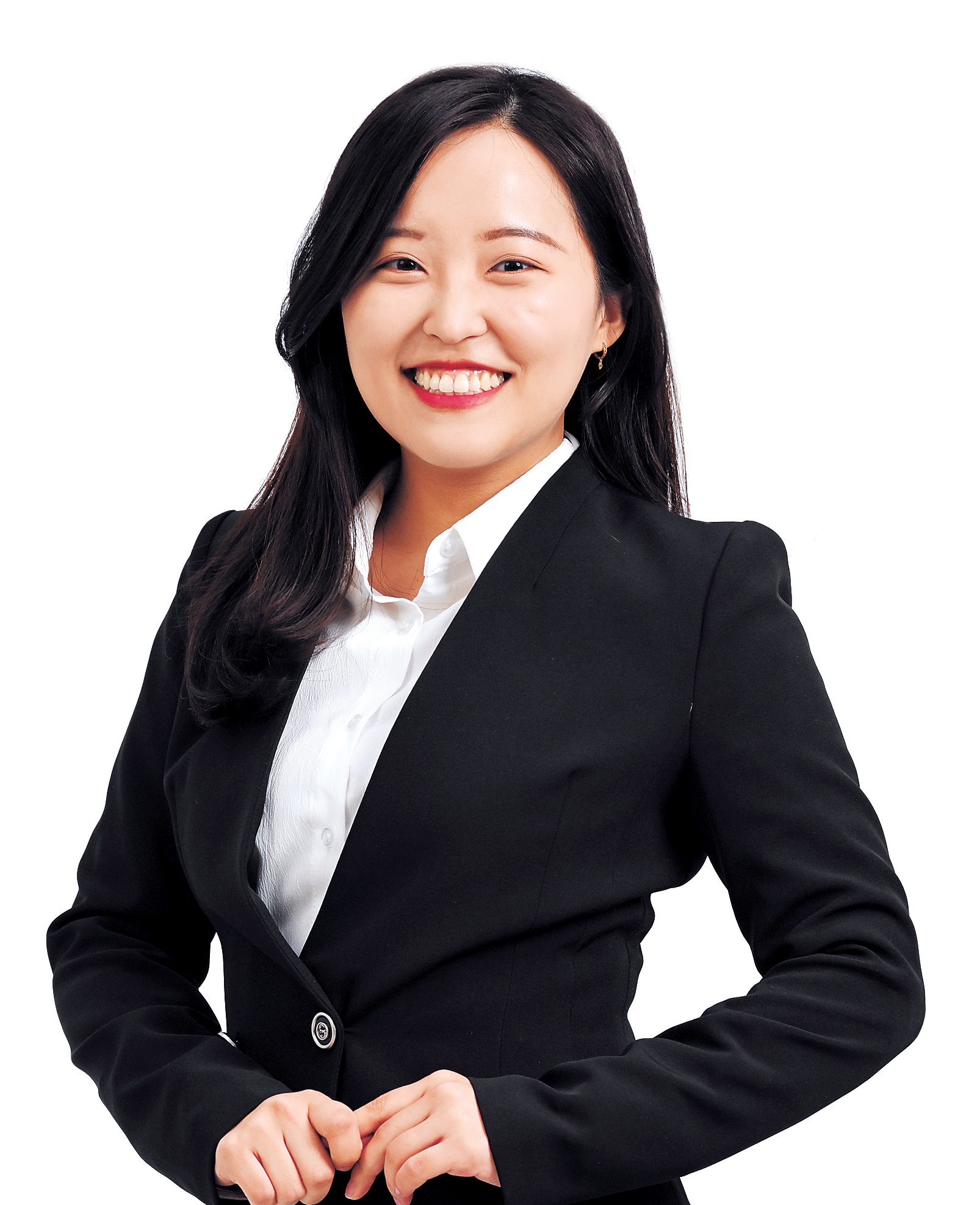2 Filipinas who left pilot program cite overwork, excessive surveillance
Both missing caregivers caught in Busan after leaving Seoul program to work illegally as cleaners
By Lee Jung-jooPublished : Oct. 13, 2024 - 15:11

Two Filipinas from Seoul city's foreign caregivers pilot program who disappeared from their accommodations in Gangnam-gu on Sept. 15 after starting work in Seoul were later found in Busan after being reemployed as cleaners, according to the Philippine government’s Department of Migrant Workers.
In an interview on Oct. 9 with the Philippines' 24 Oras, Bernard Olalia, undersecretary for licensing and adjudication of the DMW, said that the two caregivers claimed to have had difficulties due to “overwork and overwatch.”
“(The caregivers) were able to find another job offering employment as a cleaner,” said Olalia. “That was where they were caught, with their new employer. They were brought to the immigration authority in Busan.”
Since September, the Seoul Metropolitan Government has been running a six-month foreign caregiver pilot program with the Ministry of Employment and Labor. The program aimed to provide selected Seoul households with affordable child care in response to a shortage of local caregivers willing to do low-wage care work. The pilot started with a total of 100 women of Filipino nationality aged 24-38. Currently, they are working in 169 households.
However, on Sept. 15, two of pilot program's caregivers disappeared from their accommodations in Yeoksam-dong, Gangnam-gu, central Seoul, and attempts to contact them were unsuccessful. The two were located around the first week of October, when their new employer reported them to the Busan Immigration Office, which announced on Oct. 4 that it had apprehended them at an accommodation facility in Yeonje-gu, Busan.
According to the Ministry of Justice, if an employer in Korea's Employment Permit System cannot confirm a foreign worker's whereabouts for more than 5 business days, the employer must report their absence to the Ministries of Labor and Justice. If the worker still cannot be found after this report and they do not respond to a summons, they will be classified as unregistered.
Han Leo Cacdac, secretary of the DMW, added during a press conference in the Philippines on Oct. 7 that the two caregivers are currently in the custody of Busan’s immigration authorities for further investigation and will receive legal and financial assistance from the DMW Action Fund for Distressed Workers in case of deportation.
South Korea’s Ministry of Justice also added that it plans to "investigate them in accordance with relevant laws and deport them,” though whether they will actually be deported or not is yet to be confirmed.
In the meantime, the other caregivers in the pilot program continue to fulfill their employment obligations. According to Cacdac, the others have been “advised to take responsibility for their obligations and to complete their duties by not violating South Korea’s immigration laws -- unless they are being abused.”
Cacdac added, “It’s a pilot program, and we expect certain challenges, issues and problems along the way, which are now being carefully addressed by both sides. (…) We are equipped to address these issues and concerns as we have for the last 20 years through the Employment Permit System.” The EPS is designed to allow employers who have been unable to fill positions with Korean nationals legally to hire an appropriate number of foreign nationals under the administration of the Korean government.
Meanwhile, the Seoul city government has stated that it has made changes to the caregiver pilot program based on problems that have emerged and that the changes will be implemented starting this month.
Some of the changes include abolishing the curfew, which required caregivers to return to their accommodations by 10 p.m., placing the caregivers' accommodations as close as possible to their workplaces for those who work at two or more households a day, giving them the option of getting paid twice rather than once a month and providing them with a place to rest in between jobs.


















